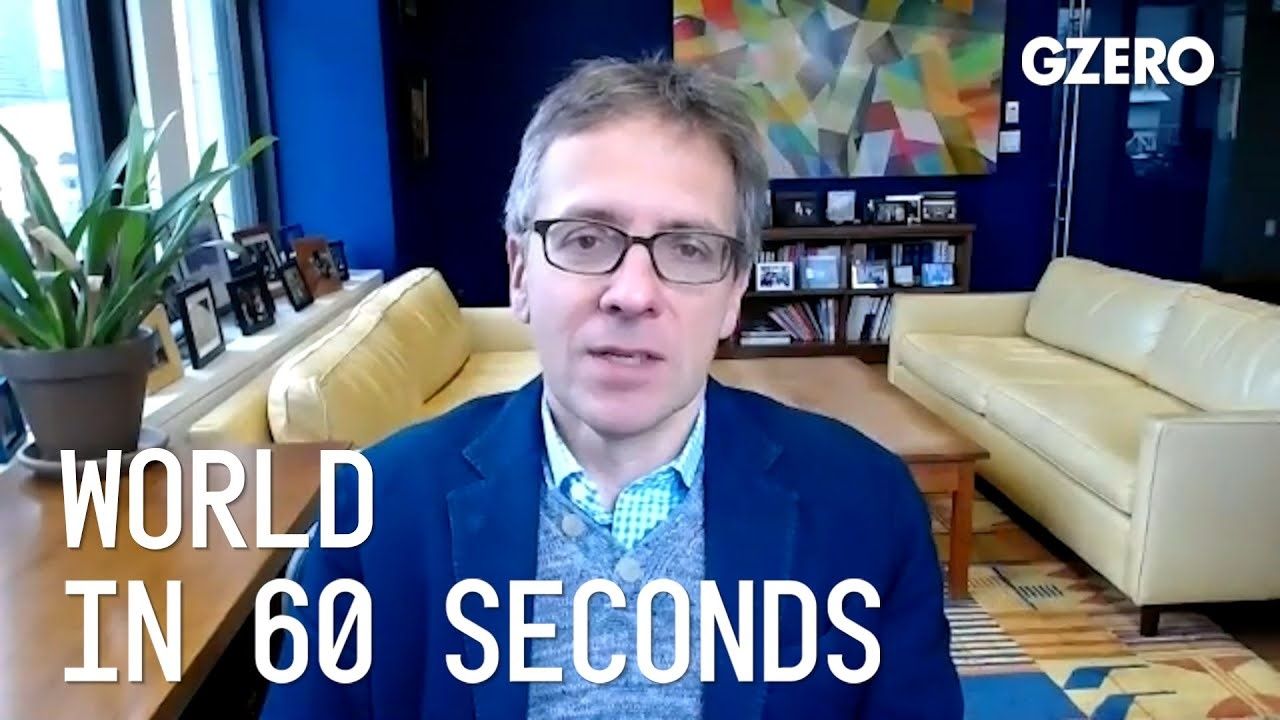
What is the COVID-19 update? Is the world on a path to recovery yet?
Some of the world is. China is, despite secondary outbreaks. Singapore numbers are expanding significantly. More concerned that the resilience of this virus is greater than expected. It's not a waltz, kind of tango. Start. Step back. On the economic side, those hit earliest, dealt with real crackdowns are now picking up. The numbers in Europe have plateaued and are going down. Today in New York City, hospitalizations for the first time, total number from coronavirus, going down. Not just new hospitalizations, total hospitalizations. Our health care system - not going to get overwhelmed. What a relief. It makes me feel better about second tier cities in the US. We're not anywhere close to a peak in the developing markets, poorer parts of the world. They will need a lot of economic support, a tremendous amount of testing that they don't have. It's going to be many months before they're through it. It's going to impact a lot of people.
What's the potential the world faces a global economic crisis worse than The Great Depression?
Pretty low, thankfully. But the numbers from the IMF today in their global outlook are the worst we've seen compared to banks or the World Bank. The more we learn, the worse the economic impact is. The more we learn, not necessarily the worse the health impact is. Those are two very different trajectories. We push down the curve, we can get numbers of people dying down. The more we push down the curve, the economic impact is greater. Challenges with restarting the economy are greater when you shut down absolutely everything. What we're seeing now from the IMF is a 3% contraction of the entire global economy in 2020. They expect a rebound in 2021. They have virtually no confidence in the 2021 figures. There's no upside. I've never seen that from an IMF outlook before. By far the worst economic crash since The Great Depression, much worse than the recession in 2008-2009, which had been the high watermark, post-Great Depression. That was a 0.1% contraction in 2009. We're looking at over 3%, potentially more downside. You can open the economy, but only incrementally. Even when you open it, people aren't consuming the way they used to. While the people dying are mostly not productive labor - in Italy, the average age is like 81, of folks that have died from this, the people you're taking out of the economy are productive labor. The jobs that aren't coming back, that's productive labor. Minimum this year and early next year 10% of the total labor force. The impact is going to be great. And that's before you see if major financial crises emanate from emerging markets. I'm worried about all of that.
Finally, what is with the showdown between Trump and state governors? Does Trump have "total" authority?
Of course he doesn't have total authority. That doesn't abdicate total responsibility. Trump says things in his press conferences, they're a waste of time. They continue to be aired by television and everyone says, "oh my God, Trump has said this stuff," but the reality is the American system is a federal system. Governors matter. School systems, sanitation engineers, managers, workers report to the governors. The fire brigade and police forces, the governors. When you shut down the economy, the governors are the ones saying, "we've got to shut it down." And when you reopen it, they say, "we're going to reopen it." Trump's president. If he wants to say, "I'm the one that's ultimately in charge, the buck stops here at my desk," he can say that. The reality is that the governors matter a lot more. The very good news is that most of the governors in the United States are capable, competent. Have empathy for their citizens. And they also have bureaucracies with expertise, they listen to those people. Not just New York and California, also Ohio and Massachusetts and Maryland. Republican governors, too, acting effectively. There have been a few, particularly Florida, as well as a couple of mostly rural states, that haven't had explosions of cases, that have not gotten with the program. They'll probably suffer more as a consequence. The majority of the country is being governed by capable folks, doesn't involve the White House. That's just fine.